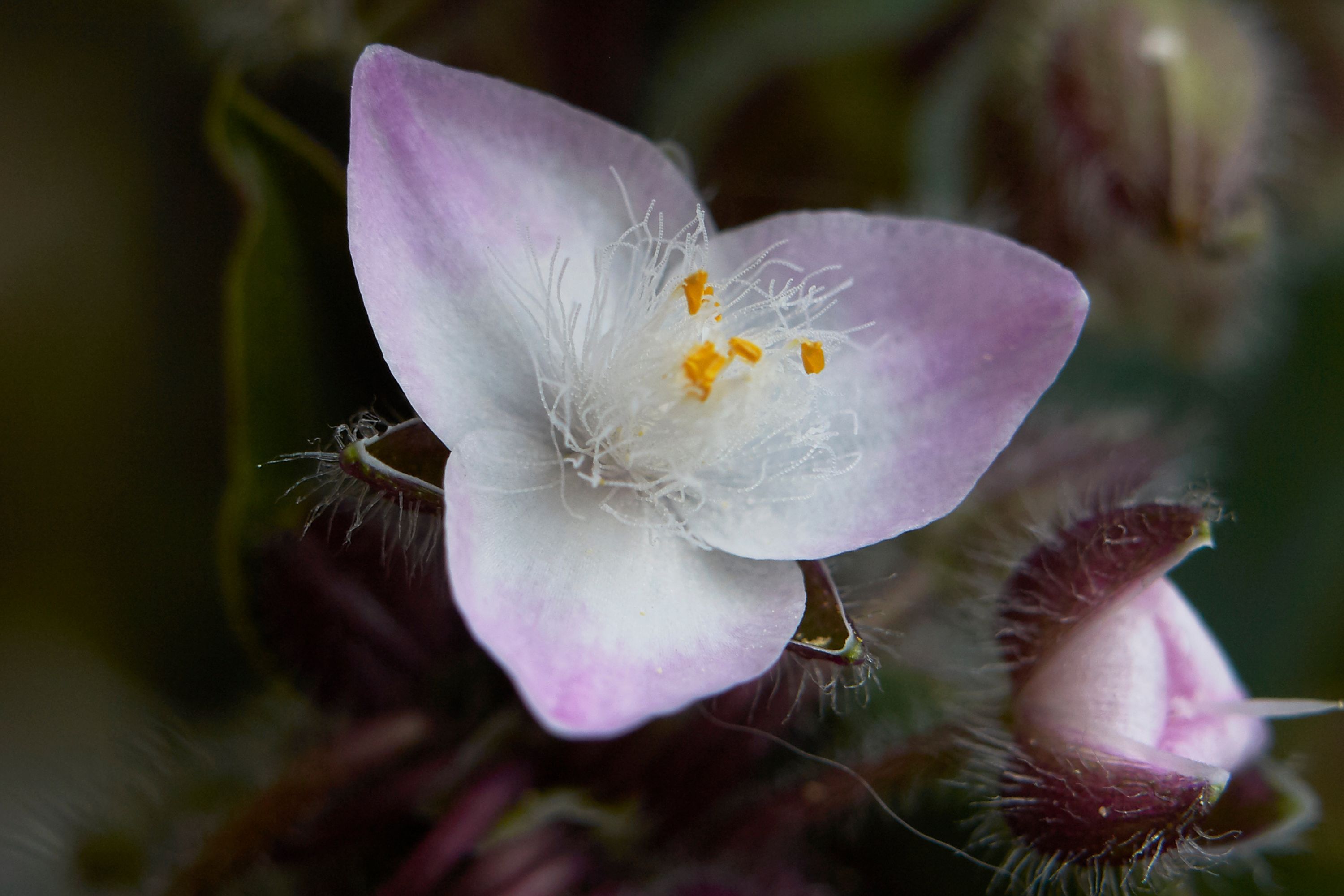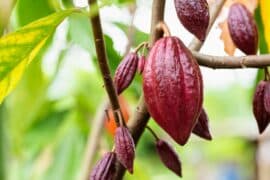"Flowering inch plant "
(Tradescantia cerinthoides)

Description
Tradescantia cerinthoides, commonly called flowering inch plant, is a species of plant in the dayflower family that is native to south east Brazil to north east Argentina. Described in 1843 by the German botanist, Carl Sigismund Kunth. The pink tipped white flowers and green purplish foliage are appealing features to gardeners. This plant is used in many parts of the world as an ornamental, and can become an invasive species. Tradescantia is a genus of 85 species of herbaceous perennial wildflowers in the family Commelinaceae, native to the Americas from southern Canada to northern Argentina, including the West Indies. Members of the genus are known by many common names, including inchplant, spiderwort, and dayflower. The common name wandering Jew is controversial, and some vendors and bloggers have chosen to refer to it as wandering dude. Tradescantia grow 30–60 cm tall (1–2 ft), and are commonly found individually or in clumps in wooded areas and open fields. They were introduced into Europe as ornamental plants in the 17th century and are now grown in many parts of the world. Some species have become naturalized in regions of Europe, Asia, Africa, and Australia, and on some oceanic islands. The genus's many species are of interest to cytogenetics because of evolutionary changes in the structure and number of their chromosomes. They have also been used as bioindicators for the detection of environmental mutagens. Some species have become pests to cultivated crops and considered invasive. Tradescantia are herbaceous perennials and include both climbing and trailing species, reaching 30–60 centimetres (0.98–1.97 ft) in height. The leaves are long, thin and blade-like to lanceolate, from 3–45 cm long (1.2–17.7 in). The flowers can be white, pink, purple or blue, with three petals and six yellow anthers (or rarely, four petals and eight anthers). The sap is mucilaginous and clear. A number of species have flowers that last for only a day, opening in the morning and closing by the evening. The scientific name of the genus chosen by Carl Linnaeus honours the English naturalists and explorers John Tradescant the Elder (c. 1570s – 1638) and John Tradescant the Younger (1608–1662), who introduced many new plants to English gardens. Tradescant the Younger mounted three expeditions to the new colony of Virginia. From there the type species, Tradescantia virginiana, was brought to England in 1629.
Taxonomic tree:







